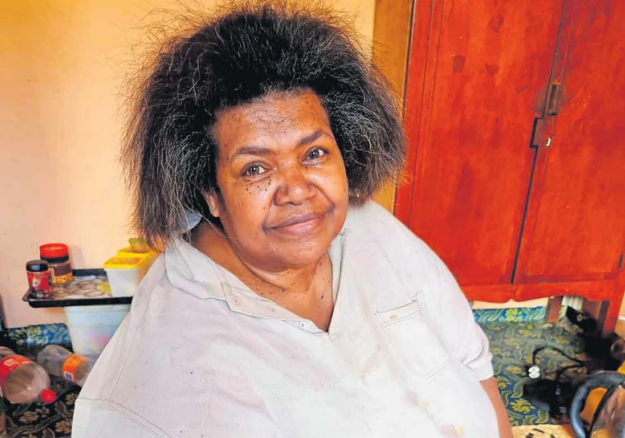SPACE and accessibility issues are issues of growing concern at the Bulileka HART facility, where multiple families are forced to share small, deteriorating living spaces.
A resident of the facility for more than 20 years, Mere Drau, said presently around 12 families were housed in the flats, with some families of four to five people sharing a single-bedroom unit.
She said construction was underway on four additional units, which would eventually bring the total to 16.
However, for many, this may not be enough.
“Apart from this, some of the buildings are in poor condition,” she said.
“Things are weathered and deteriorating; the facilities need improvements.”
For her, the issue goes beyond just space.
“Personally, I’d say accessibility. I’m a disabled woman, and I often feel like a prisoner in my own home.
“The footpaths outside are a big barrier. So, for me, accessibility is the biggest issue. Others might have different concerns.”
Residents at Bulileka Hart are hopeful the additional units will ease some of the pressure, but many, like Drau, believe that further action is needed to make the facility truly liveable for all.
Reality at the HART
WOMEN living at the HART settlement in Bulileka, outside Labasa, say they continue to struggle to make ends meet, with many relying on social welfare assistance and odd jobs to survive.
Long-time resident Mere Drau said the lack of stable employment opportunities left women with few options.
“Many of us aren’t well educated,” she said.
“We are here, so our children can have a better future, not end up like us.”
She said most women depended on welfare assistance to cover basic needs, but the support often ran out quickly.
“It helps for a few days, but we still have to find ways to make ends meet. At times, we do small things like selling food parcels.”
To address these challenges, non-profit organisation Aruka Fiji has launched an entrepreneurship training program in Labasa to support women in informal settlements.
Coordinator Inoke Drauna said the initiative was aimed at building the capacity of women in vulnerable communities.
“We’ve already graduated many participants from the West and from Suva. Now, we’re moving into Labasa to assess and profile those who truly need our support,” said Mr Drauna.
He said the program encouraged women to look beyond their current circumstances.
“It’s about helping them move from being stagnant to taking control of their future.”
The training is expected to roll out in Labasa in the coming weeks, with hopes of opening new opportunities for women like Ms Drau who are working to move from poverty to self-sufficiency.



